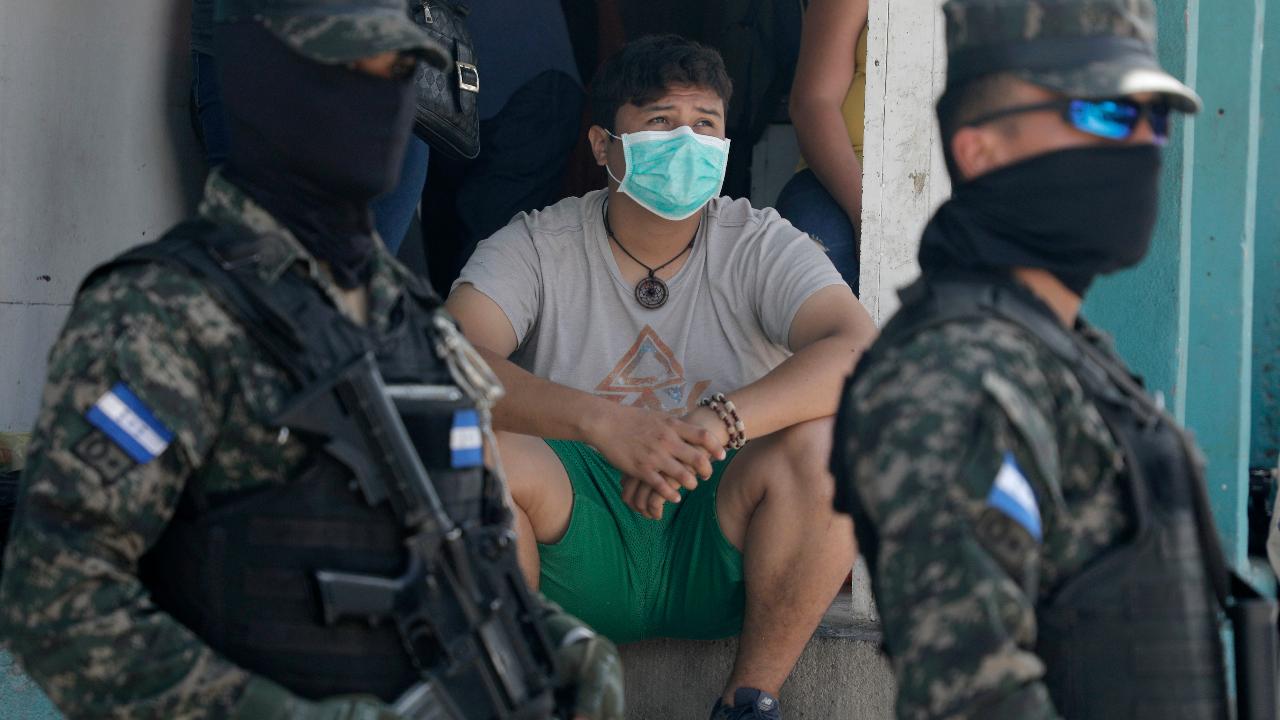Coronavirus recession could torpedo Trump's reelection chances, history shows
Trump acknowledged the situation is 'bad' but said he hopes it's a 'best case, not a worst case'
There’s little doubt among economists that the coronavirus pandemic has already dragged the United States into a recession that could rival the 2008 financial crisis, potentially torpedoing President Trump’s re-election odds.
While it’s still unclear how sharp a downturn would be in the U.S., social distancing, which has led to school cancellations, mandatory work-from-home policies, grounded airplanes, anchored cruise ships and the abrupt closing of shops, restaurants and bars throughout the country, is almost guaranteed to cause a huge slump in consumer spending, which powers about two-thirds of the country’s GDP, indicating it could cause deep economic pain.
The New York Federal Reserve’s reading on business conditions plunged a record 34.4 points to -21.5 in March, which suggested a historic and significant plunge in economic activity across the nation, as stock markets continue to plummet.
WHAT TRIGGERS AN ECONOMIC RECESSION?
"I've spoken, actually, with my son," Trump said recently, referencing 13-year-old Barron Trump. "He says, 'How bad is this?' It's bad. It's bad. But we're going to be hopefully a best case, not a worst case."
The White House is pushing several stimulus packages to offset potential economic hardship, including an $850 billion relief bill that could contain provisions like a payroll tax cut and aid for hard-hit industries; $8.3 billion in funding for prevention efforts and research; and a House-backed bill that extends paid sick leave to most Americans and provides free testing for COVID-19, the disease caused by the novel coronavirus.
Discussions of stimulus took on new urgency this week as the stock market dropped again, with the Dow Jones Industrial Average shedding nearly 3,000 points on Monday, its second-worst day in history, despite an emergency 100-basis point interest rate cut by the U.S. central bank on Sunday evening.
Trump has long correlated gains in the markets to his economic policies, but as of Wednesday afternoon, the Dow erased the majority of its rally since he took office.
HOW LONG DOES A RECESSION LAST?
The question, however, remains whether a weak economy will guarantee a Democratic victory at the ballot box in November.
Historically, the economy tops a list of issues that voters consider important during elections. Ahead of the 2018 midterms, for instance, 78 percent of registered voters said they considered the economy to be extremely important, according to Gallup. It was second behind health care.
In 2008, as the collapse of the Lehman Brothers ushered in the worst financial crisis since the Great Depression, the economic disaster played a pivotal role in the presidential election between Republican John McCain and Democrat Barack Obama.
According to the Pew Research Center, an essentially deadlocked race between the two candidates prior to the Lehman meltdown in mid-September transformed into a solid lead for Obama in the weeks that followed. Public opinion polls from the time found that within a week of the bankruptcy, 30 percent of individuals surveyed said they had a less favorable opinion of McCain, whereas only 20 percent said their view had become more favorable.
President George H. W. Bush likewise faced recession-related challenges in his 1992 re-election bid. In July 1990, a recession began that lasted for eight months, well before the general election between Bush and Democratic challenger Bill Clinton.
Despite that, people's memories of the economic downturn is viewed as a key component in and Clinton's victory.
GET FOX BUSINESS ON THE GO BY CLICKING HERE




















